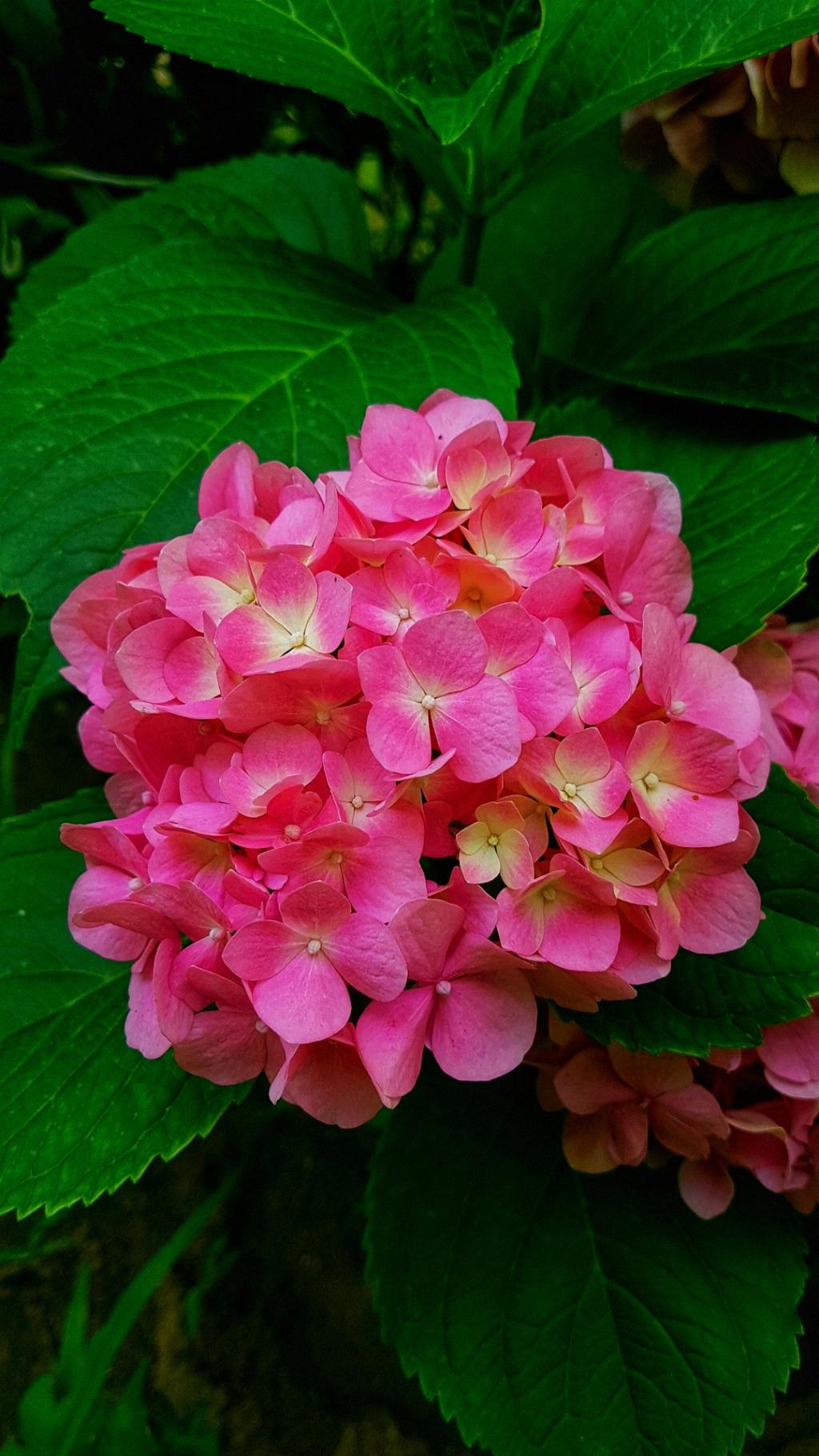When it comes to the safety and well-being of our beloved feline companions, it is important to be aware of potential hazards that may be lurking in our homes, gardens, or surrounding environments. One common question that often arises is whether geraniums, those beautiful flowering plants that add a splash of color to our outdoor spaces, are toxic to cats.
Geraniums, scientifically known as Pelargonium spp., encompass a diverse genus of plants that include approximately 280 different species of perennials, succulents, and shrubs. While these plants are commonly referred to as geraniums, pelargoniums, or storksbills, it is crucial to note that all parts of geraniums are considered poisonous to both dogs and cats.
Cats, known for their curious and inquisitive nature, may inadvertently come into contact with geraniums while exploring their surroundings. Ingesting any part of the geranium plant, whether it be the leaves, stems, flowers, or seeds, can lead to toxicity in felines. Therefore, pet owners should exercise caution when choosing to grow geraniums in areas accessible to their cats.
The toxic effects of geranium ingestion in cats can manifest in a variety of symptoms, ranging from mild gastrointestinal upset to more severe complications. Common signs of poisoning may include vomiting, diarrhea, lethargy, lack of appetite, drooling, and in some cases, more severe symptoms such as tremors, seizures, or organ damage.
It is important to recognize that geranium toxicity in cats is a serious matter that requires prompt veterinary attention. If you suspect that your cat has ingested any part of a geranium plant, it is imperative to seek immediate medical care for your feline companion to mitigate the potential effects of poisoning and ensure their well-being.
While geraniums are undoubtedly beautiful additions to our gardens and homes, pet owners must prioritize the safety of their feline friends by taking proactive measures to prevent accidental exposure to toxic plants such as geraniums. This can include keeping geraniums out of reach of cats, opting for pet-friendly alternatives, or creating designated cat-safe zones within the living environment.
Furthermore, educating oneself about common toxic plants and their potential risks to pets is essential in promoting a safe and pet-friendly environment for cats. By familiarizing ourselves with the dangers posed by certain plants like geraniums, we can better safeguard our furry companions and prevent unnecessary harm or distress.
Ultimately, the question of whether geraniums are toxic to cats is unequivocally answered: yes, geraniums are indeed toxic to cats. Pet owners must remain vigilant and proactive in ensuring the safety and well-being of their feline companions by eliminating potential risks posed by toxic plants like geraniums in their living spaces.
In conclusion, prioritizing the health and safety of our cats is paramount, and this includes being mindful of the potential dangers posed by common plants such as geraniums. By taking proactive steps to prevent accidental exposure and promptly addressing any signs of poisoning, pet owners can protect their beloved feline friends and provide them with a secure and nurturing environment.

